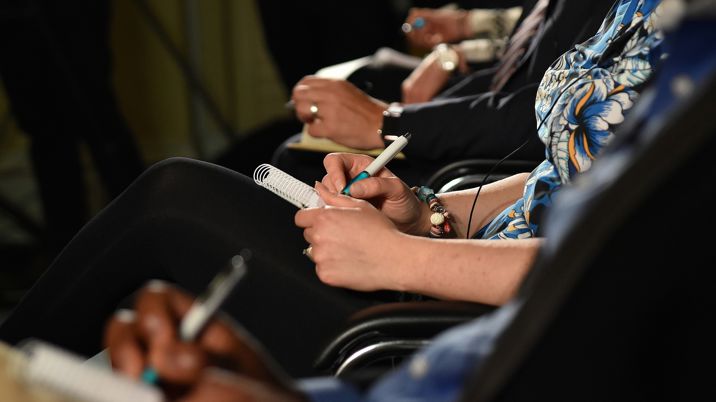
IPSO says it defines a major incident as an event or situation which threatens widespread damage to human welfare or to the security of the country. It could also be an event which results in large scale grief, shock and trauma, with the potential to directly affect a wider community.
The guidance notes that reporting of major incidents is in the public interest. It is legitimate for journalists to approach people who have witnessed or been affected by a major incident to investigate what has happened and its impact on individuals, so long as such approaches are made with appropriate sensitivity.
It also observes that journalists should ensure that they are not in the position of breaking the news of a death or serious injury to immediate family members, directly or indirectly.
The guidance also notes that journalists must take particular care in relation to stories involving children, considering carefully how to avoid unnecessary intrusion.
“The major incidents guidance has been developed after careful analysis and consultations with relevant stakeholders, drawing on their experiences of being caught up in and reporting on such incidents. We were grateful for their help and advice” said Rosemary Douce, head of standards and regulation at IPSO. “While not being prescriptive, this guidance offers advice on how journalists can get it right when dealing with these sensitive stories.”
“We have also updated our advice for anyone caught up in a major incident – or their family, or professionals working to support them. It aims to equip people with knowledge and tools to help them cope with this kind of situation, explaining what the press can and cannot report, as well as tips for managing press interest and advice on how to seek help from IPSO if they need it.”
The guidance for journalists highlights that while information is likely to be incomplete and uncertain during a major incident, care should be taken to distinguish between claims and fact. As part of the process of verifying information taken from social media, journalists should check the source of the information, including when it was published.
“As the world reels from devastating ongoing wars, the major incidents guidance offers some advice on how journalists can report on such issues with sensitivity, while adhering to tight time constraints. We hope that the advice for the public will help people caught up these kinds of horrible situations with a better understanding of what they should and should not expect from journalists and press reporting, and how IPSO can help,”” said Charlotte Dewar, IPSO chief executive.
Editors should take care to handle publication sensitively in cases involving grief or shock and to make enquiries and approaches with sympathy and discretion. The guidance includes several case studies which can be instructive for journalists and editors while covering major incidents.
Keep up-to-date with publishing news: sign up here for InPubWeekly, our free weekly e-newsletter.











